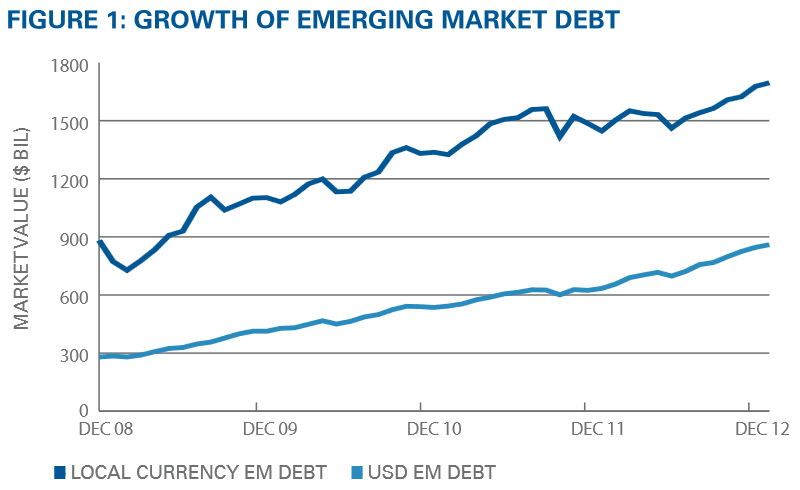Emerging Market Country ETFs Investment U
Post on: 8 Май, 2015 No Comment

by Guest Editorial Friday, August 20, 2010 Market Trends
by Carl Delfeld. Contributing Editor
Friday, August 20, 2010: Issue #1328
No matter where I went — Tokyo, Hong Kong or London — the story was the same.
When I stopped by global equity fund managers to pitch them on American small cap stocks, they’d pull out elegant, leather-covered ledgers and take notes with their Mont Blanc fountain pens.
That was back in the 1980s — and times sure have changed since then.
Today, the ledgers and fancy pens are out and even fancier, sleek computer notebooks are in. And having the time to meet with specialized small cap stock pickers is also a relic of the past.
The reason is simple: The enormous size of most global funds means the pros are now prisoners of conventional thinking and index weightings.
And this triggers a big opportunity for independent investors — particularly in the international markets.
The Emerging Market Country ETF Empire
When it comes to foreign stocks. how do you select your investments?
You may wish to pick individual stocks from certain countries. But with a plethora of country-based exchange-traded funds (ETFs) at your fingertips, you can now invest like a king rather than being a pawn in the global game.
I’ve specialized in this area since 2005 and it’s grown to the point that there are now country ETFs or closed-end funds for just about any nation you choose.
Using country ETFs is a great way to organize a global investment portfolio and challenge broader indexes like the iShares MSCI Emerging Markets Index (NYSE: EEM ) and the iShares MSCI EAFE Index (NYSE: EFA ), which weight countries based on their market value rather than future growth potential.
As E.E. Cummings aptly put it: My only permanent address is tomorrow. And emerging markets are a good example of this forward-looking strategy.
When it Comes to Emerging Markets, Get Invested in These Country ETFs
Emerging market country ETFs are especially powerful, since the companies in the ETFs’ baskets are more reflective of their respective countries’ underlying economies.
On the other hand, developed country ETFs are more of a hybrid investment, as they can be sector plays or plays on global growth, rather than following the domestic economy and stock market. Take the iShares MSCI Germany Index (NYSE: EWG ), for example. Is Siemens’ (NYSE: SI ) share price tied more to the German economy or to Chinese infrastructure growth?
So you could settle for investing in a world equity fund like the iShares MSCI ACWI Index (NYSE: ACWI ), which only has 11% exposure to emerging markets.
Or you could be more flexible and boldly pick countries and weightings that challenge conventional thinking in a significant way in order to capture bigger gains.
After all, emerging markets now represent 83% of the world’s population, more than 50% of global growth and 34% of global GDP. And we just saw China’s GDP eclipse Japan’s and move into the #2 spot behind the United States.
For example, country weightings in the iShares MSCI Emerging Markets Index indicate that Taiwan (the iShares MSCI Taiwan Index (NYSE: EWT ) and South Korea (the iShares MSCI South Korea Index (NYSE: EWY ) should represent 25% of your emerging markets portfolio .
But I’d argue that the following places should get more of your attention than Taiwan or South Korea.
Why Emerging Markets Are Essential to Your Investment Portfolio
Consider these facts.
The world is changing right before our eyes. Sharp improvements in technology and communications, coupled with economic market reforms, are allowing emerging market countries to rapidly close the income gap with the West. And this trend will continue for some time.
Emerging markets need to be at the core of your global investment strategy because they can make you wealthy if you properly manage the risk and volatility.
So abandon your conventional way of thinking and invest like an Elizabethan adventurer — seize the throne and conquer country ETFs.














